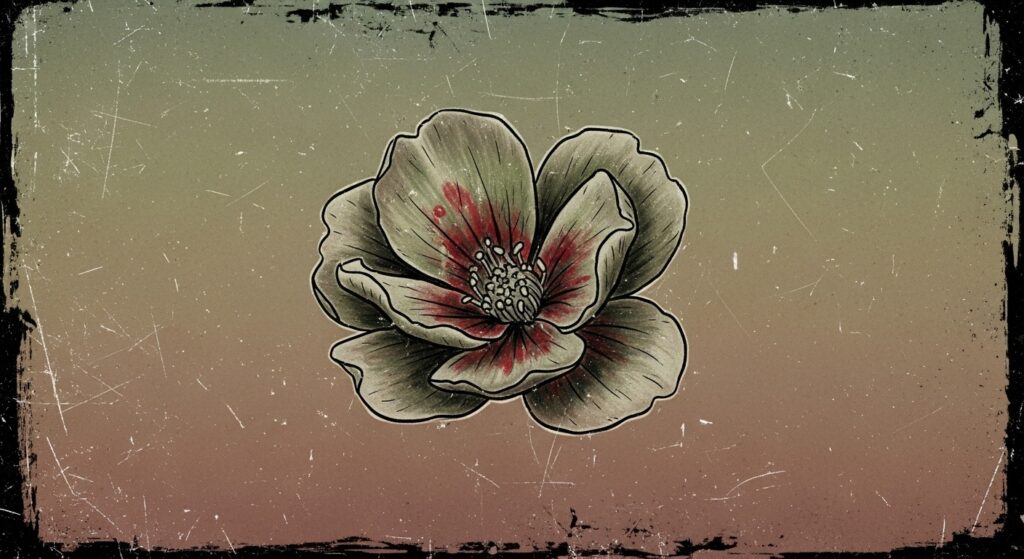
Opinion – Djamila Ribeiro: Horror Has Become Normalized in Brazil and Public Authorities Remain Unmoved
Originally published in Folha de S. Paulo on August 21, 2025
Amid the daily reports of femicide occurring across the country at a terrifying scale, one issue has deeply unsettled me: the lack of public outcry and mobilization in response to the killing of women. The cases pile up, yet the silence from many who should speak out remains deafening.
Instead of solidarity and outrage, we often witness attempts to blame the victims—as in the recent case of 22-year-old Sther Barroso dos Santos, murdered after attending a baile funk. According to her family, she was killed for refusing the advances of Bruno da Silva Loureiro, alleged drug boss of Muquiço, in Guadalupe, a neighborhood in northern Rio de Janeiro.
The crime was grotesque. Sther was raped and beaten so badly that her face was left unrecognizable. Her body was dumped in front of her mother’s house. In 2024, painter Josenilson Vitorino was beaten to death in Cajazeiras, Bahia, for trying to stop a trafficker from raping his 13-year-old daughter. He was assaulted for four hours, in front of his wife and relatives, by members of a criminal faction.
Yet until the moment I paused, took a deep breath, and chose to share these cases on social media, I had not seen any official statements from public representatives. Have we lost the ability to feel outrage? Honestly, I don’t think so. Quite the opposite—perhaps the problem is that Brazilian society is simply unable to feel outrage when women are raped, assaulted, and murdered.
This applies equally to conservative and progressive sectors. Speaking of which, I recently watched an immense, colossal wave of solidarity around the campaign “MCs are not criminals.” The initiative, led especially by political parties, artists, and intellectuals who identify with the left, defended men—particularly from the funk scene—who were being investigated and arrested for their conduct.
A national movement emerged, despite resistance from those who agreed the cases should be investigated. Benefit concerts and fundraising campaigns were organized. The behavior of the police involved became a focus of intense public scrutiny and criticism.
Indeed, the criminalization of poor, peripheral youth is a critical issue. These men deserve a full and fair defense. My point, however, is how society’s willingness to show solidarity with men contrasts sharply with its complete indifference toward women who are raped and murdered. That contrast reveals deeper roots.
Yes, we must debate the high incarceration rates in the favelas as a direct consequence of racism in Brazil—but we must not romanticize these settings in a way that ignores the inhumane conditions to which women and girls are subjected in these communities.
We must understand that regardless of racial or social context, men abuse and murder women. When Audre Lorde wrote “there is no hierarchy of oppression,” she reminded us that we cannot rank which oppressions matter more. These forces operate simultaneously and affect many different lives at once.
What I see, however, is that both conservative and especially progressive groups are quick to mobilize around campaigns and social media hashtags that portray men as victims deserving defense—while remaining disturbingly indifferent to the daily slaughter of women in Brazil. There is a progressive and democratic field that is indulgent toward men from the periphery and misogynistic toward women.
There are countless stories of young women forced to leave their communities after being threatened with rape by drug traffickers, or of those who are raped and live in daily terror. In conversations with psychologists working in juvenile justice institutions, I’ve heard reports of young girls having their heads shaved by controlling boyfriends, being forced to remain in relationships with incarcerated partners, and being abandoned by the very institutions meant to protect them.
Horror is now normalized in Brazil, and tragically, we still do not see public authorities implementing any truly effective measures to stop this bloodshed against women and girls.
Translated with the assistance of artificial intelligence.
Related articles
Djamila Ribeiro launches new website
Djamila Ribeiro is on the cover of Forbes Life
Djamila Ribeiro is the highlight of Mangueira at Carnival 2023